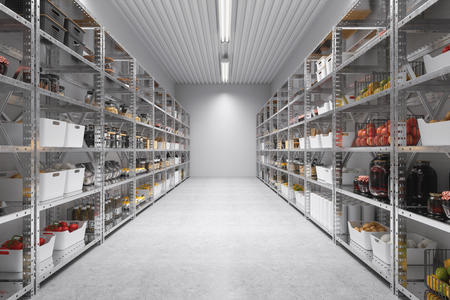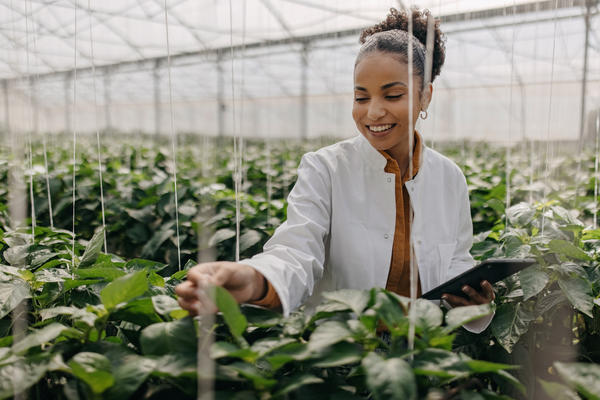With Climate Week NYC only seven weeks away, the Head of our Europe Office and Food topic lead Jeroen Gerlag answers some urgent questions around the impact of the food systems on climate change, and the importance of scale and speed.
Why the focus on food systems during Climate Week NYC this year?
It’s one of the main drivers of climate change, responsible for about a third of global greenhouse gas emissions and almost a third of the world’s energy consumption. If we want to reach net zero by 2050 with greater prosperity for everyone, we need to rethink how we produce, transport and consume our food.
We have worked on many food-related projects and topics in the past, and we have more than 60 food and beverage member companies. We work with them across energy and transport. Emphasizing the importance of food supply chains in reducing emissions, Nature, Food Systems and Health is an important topic at Climate Week NYC this year.
What is the main challenge for your members in the food supply chain?
Food is a double-edged sword: while hunger and food insecurity are growing across the globe, also because of droughts and flooding, the food system itself remains one of the main drivers of climate change. That paradox is one of the challenges.
Another challenge is the cold chain – we need to transport food chilled, to avoid food waste and loss. But that takes energy – so, how can we make sure that cooling happens in a sustainable way? We have a lot of experience in this already, as we work at the crossroads where food, energy and transport meet, and at Climate Week NYC we bring this all together.
Finally, a major challenge for the food supply chains is collaboration; how do you get the right companies and experts in one room to work on solutions? It does happen, but it needs to happen at a larger scale and speed. That is one of the very reasons Climate Week NYC exists – making sure these meetings happen, and in this case – drive action in the food supply chains.

What projects are you working on with your members?
In Latin America we are working with regional governments and companies on regenerative agriculture. In Europe, we are bringing together some of the largest breweries in the world to work on renewable heat in their production process. And we are looking into solutions in the cold chain of food, as I mentioned earlier. Cooling food is important to safeguard food quality, but it also generates a lot of emissions due to energy use. The key question for some of our members is: how can we warm up the cold chain, while keeping the food safe to eat?
What is the role of the private sector in the just transition? How do you see the cooperation with subnational governments?
It’s vital. Companies in the food supply chains not only have the responsibility, but also the influence to work on a just transition. By working closely with their farmers and direct suppliers, for example. We always try to bring the businesses and governments we work with together – we can only face the challenge if we join forces. As an example: we set up a project with one of our Under2 Coalition members, the region Madre de Dios in Peru, which worked with farmers on nature-based solutions to store emissions, improving local livelihoods and supporting Peru's Nationally Determined Contributions (NDCs) towards 2050.
Where does Health come in, though?
We focus on Nature, Food Systems and Health because they are all connected. Changing food systems means changing the way we produce food, but also looking at what we consume – the quality and volume of food, and how food is distributed across the world. Where there is hunger and malnutrition in some parts of the world, there is over-consumption and associated health problems in other parts. Only when we tackle these challenges in a coordinated way, we’ll see the change we need.
What will make the sessions at Climate Week NYC a success?
In our sessions, we work with world-leading companies in the food system. Success depends on the answers we find together, and the change we drive. The actions and projects that come out of these sessions need to be part of our legacy, and they should all work towards our mission; driving climate action, fast.
Climate Week NYC starts on Sunday, September 17 with the Opening Ceremony. On Monday and Tuesday, September 18-19, Climate Group hosts The Hub Live, Climate Week NYC’s interactive program for innovative solutions, technologies and ideas that drive forward climate action now.
